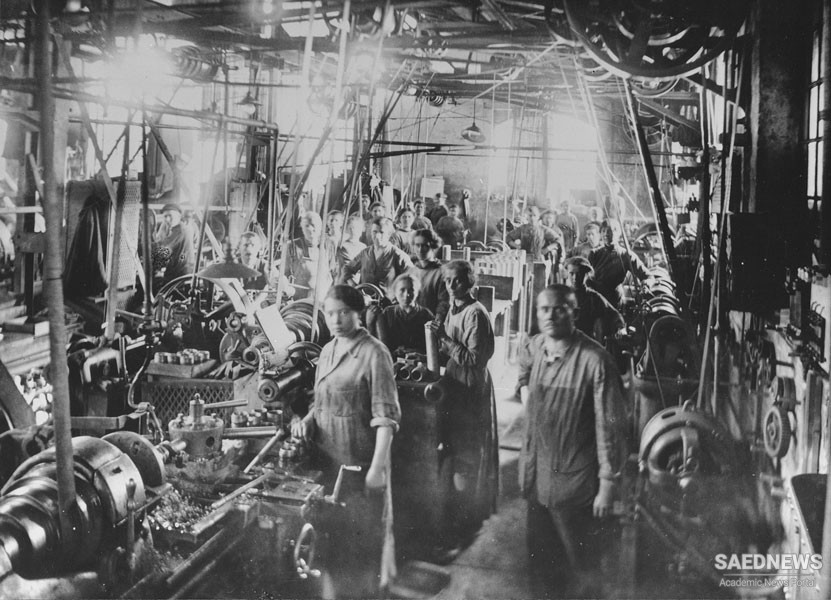But the Wilhelmine age in German development was not entirely bleak. The judiciary remained substantially independent and guaranteed the civil rights of the population and a free press; there was a growing understanding among the population as a whole that Kaiser Wilhelm’s pose as the God-ordained absolute ruler was just play-acting. Rising prosperity was coupled with the increasing moderation of the left and the growth of trade unions. The political education of the German people proceeded steadily, even if inhibited by the narrowly chauvinistic outlook of so many of the schoolmasters and university professors, by the patronage of the state as an employer, and by the Crown as a fount of titles, decorations and privileges. Significantly, the antiConservative political parties on the eve of 1914 commanded a substantial majority, even though they could not work together. The deep political and social divisions never really threatened Germany with violence and civil war in the pre-war era. Over and above the conflict, the German people, including the Social Democrats, felt a strong sense of national pride in the progress of the ‘fatherland’. Furthermore, the last peacetime chancellor of imperial Germany, Theobald von Bethmann Hollweg, recognised that constitutional reform was a matter of time. But there was not sufficient time. The Social Democrats, the Progressives and Centre, who had won a majority in the 1912 elections, demanded a constitutional monarchy responsible to the Reichstag. The Conservatives chose to regard this challenge as provoking a constitutional crisis, threatening the Wilhelmine state. But did they unleash a war deliberately to preserve their position and to avoid reform? To be sure, there were Conservatives and militarists who saw a successful war as a means of defeating democratic socialism. The chancellor, Bethmann Hollweg, was not one of them. Nevertheless, it was an element of the situation that the kaiser and his supporters saw themselves in a hostile world surrounded by enemies at home and abroad. There developed in the increasingly militarised court a wild and overheated atmosphere, a fear and pessimism about the future. While German society as a whole had good reasons for confidence and satisfaction on the eve of the war, the increasingly isolated coterie around the kaiser suffered more and more from hysterical nightmares inimical to cool judgement.


 Rise of Social Democratic Party to Power in Germany
Rise of Social Democratic Party to Power in Germany














































